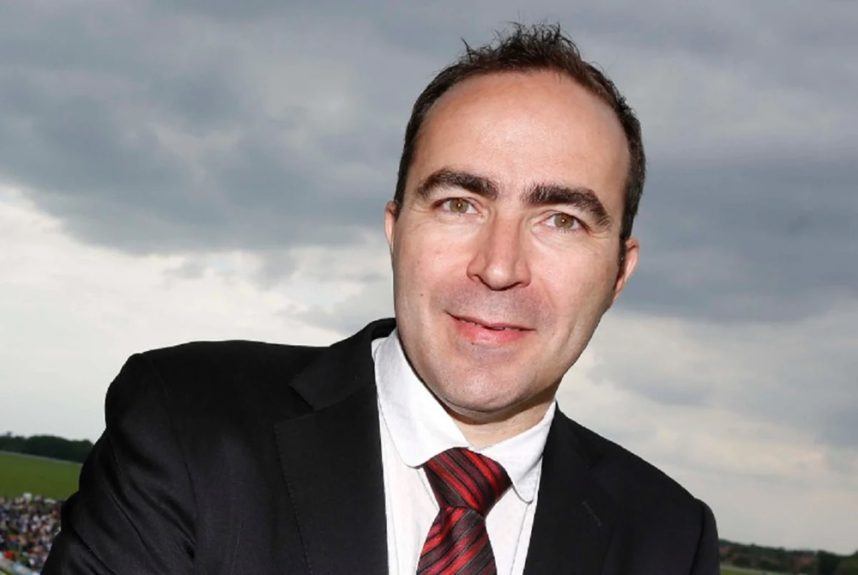[ad_1]
Posted on: October 7, 2024, 01:25h.
Last updated on: October 7, 2024, 02:07h.
The mysterious syndicate that gamed the Texas Lottery for a $95 million has been linked to Colossus Bets, the London-based parimutuel betting site, and Malta-based software provider Spinola Gaming, according to The Houston Chronicle.

The syndicate, which claimed the prize via a New Jersey-registered shell company, was able to all but guarantee the win after purchasing 25.8 million tickets. These covered all possible winning combinations for the April 22, 2023 draw – a strategy that while controversial, wasn’t against the rules.
Several sources who claimed to be close to the syndicate told the Chronicle the scheme was orchestrated by Ade Repcenko, Spinola’s CEO.
These sources included Florida-based investor Philip Gurian who said he lent money to lottery services provider Lottery.com so that it could process millions of tickets for the syndicate.
Active in Many Lotteries
At an investor meeting shortly after the draw, Gurian met Repcenko who told him the syndicate was active in lotteries throughout the world, waiting until they climb high enough to become mathematically exploitable.
He told me he worked with a syndicate, and they pool money so that when lotteries get big enough they buy up all the tickets and get a big return,” Gurian told the Chronicle. “He said, ‘We just did it in Texas.’”
Two additional sources claimed that the money that bankrolled the operation came from Colossus Bets. That company is owned by two Australians, Bernard Marantelli and Zeljko Ranogajec. Both are highly successful gamblers. Ranogajec has been described as one of the most successful in the world in his field, and is said to be worth billions of dollars.
Colossus Bets invented the “cashout” feature now widely used in the sports betting industry, and the company has previously sued operators, including DraftKings, to protect its intellectual property.
Connecticut Targeted
In 2019, Connecticut’s Hartford Courant reported that Marantelli was trying to buy up to 2 million tickets for a Connecticut Lottery draw. Lottery officials learned of this because Marantelli contacted them himself to ask if they could set up special terminals at the lottery HQ to process the tickets. They declined.
It’s not clear how many tickets Marantelli bought in Connecticut or whether he followed through with his plan at all, but he didn’t win the jackpot.
Since the Connecticut draw was offering a $25 million first prize and 7 million possible combinations, buying one million tickets at one dollar each, for example, would offer a 7/1 shot at winning an after-taxes jackpot of around $13 million, or 13 times the stake.
That’s provided the jackpot isn’t shared with another winner. The chances are, you would also win a fortune in secondary prizes even if you missed the big one.
In Texas, the syndicate realized that it would need to risk $25.8 million in $1 lottery tickets to win an after-tax jackpot of $57.8 million. Even if the syndicate had been unlucky enough to share the first prize with another winner, it would still have made a small profit, plus millions more in secondary prizes.
Casino.org contacted Marantelli for comment but had not received a response by the time of publication.
[ad_2]
Source link
